Introduction to Linda and colton"My son was diagnosed with E at the age of 1, we were told first that he wouldn’t survive, then we were told he would never walk or talk... Flash forward to today, I just wanted to share that with support, lots of hard work and his determination, he is a freshman in college and a collegiate athlete (lacrosse). He’ll live with his brain injury the rest of his life, but just wanted to share that there is hope, there is support and there are miracles." ~Linda Fereira, a long-time Inspire.com member Encephalitis411's origins go back well over a decade, to when founders Becky Dennis and Bob Morris met while serving on the board of Encephalitis Global (which later became a part of Encephalitis411). Back then, there were fewer resources and ways to meet others in the encephalitis community. Most met through the Inspire.com forum, which has a rich history of conversation and knowledge that can still be accessed today. Linda, a long-time community member who some may recognize from Inspire.com, recently caught up with us to provide an update on her son. For anyone looking for hope and inspiration, this is it! It's not too often that we get updates from those who were active in the community's earliest days, which makes her uplifting testimony all the more memorable. We are so proud of Colton and hope you'll join us in celebrating his successes by reading his story below. a testimony years in the making |
| Things rapidly changed overnight as Colton began to have seizures and fell into a coma. I rushed to the hospital that next morning only to be met by my husband and our pastor. The doctors had told my husband that they didn’t expect Colton to survive and that we should begin planning for his funeral. |
He was moved to the PICU and hooked up to monitors and had so many tests run. Days into this as he held on, it was finally determined that he had encephalitis. Possible cause, his chickenpox vaccine. He remained in a coma for almost a week. We were told that if he survived he would never walk or talk. After 10 days he woke from the coma. He was up, he was walking and playing. He did need to relearn things, such as walking and feeding himself with things like banana pieces and such.
| We were sent home on seizure medication, visits from the Center for Disease Control and Prevention, and in-home occupational and physical therapy. They worked on his motor skills and his speech. He seemed to be recovering at a rapid pace and was soon running and jumping and doing all the things that he had done before falling sick. After six months he was off all medications. Over the next few years, he seemed to be a healthy, happy toddler. |
As he turned five and we began to prepare him for school we noticed a few things such as his not being able to tie his shoes or button his clothes, and often he would tell us “I forgot” when things we asked him to do were not done. None of this alarmed us, after all, what child doesn’t tell you they forgot when they get sidetracked while playing, etc?
His kindergarten and first-grade teachers noticed things that caused the concern. They would tell us that Colton would pay attention to things that were being said, but would often stare at his desk not being able to comprehend what he needed to do. He was struggling to learn to read. They suggested we get him tested.
Tests showed that Colton had damage to an area of his brain that caused short-term memory loss. He also had no feeling in his fingertips, which solved the problem of why he couldn’t button his clothes or tie his shoes. He actually tested so low in school that they suggested we place him in Special Education. We refused.
His kindergarten and first-grade teachers noticed things that caused the concern. They would tell us that Colton would pay attention to things that were being said, but would often stare at his desk not being able to comprehend what he needed to do. He was struggling to learn to read. They suggested we get him tested.
Tests showed that Colton had damage to an area of his brain that caused short-term memory loss. He also had no feeling in his fingertips, which solved the problem of why he couldn’t button his clothes or tie his shoes. He actually tested so low in school that they suggested we place him in Special Education. We refused.
We got tutors, used horse therapy, and continued to help him in any way we could to keep him moving forward. Slowly he made progress and we as a family learned to deal with his memory loss issues.
Colton went on to make the honor roll through middle school. He participated in different sports, including baseball, wrestling, soccer, football and finally lacrosse. His playing lacrosse led to him being offered a position on a college team and fulfilling his dream of being a college athlete.
Colton will live with his short-term memory loss for the rest of his life. He will also continue to have to work with the lack of feeling in his fingertips. He has never let either of these stand in his way. Most people who meet him have no idea that there ever was or is a problem. We couldn’t be more grateful for his life. Never will I forget the feeling of despair that I felt that day they told us to prepare for his funeral, nor will I take for granted the life he has gone on to live.
Encephalitis took many things from his childhood, but in his journey to overcome it, Colton has become a story of strength and survival.
0 Comments


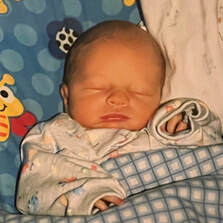
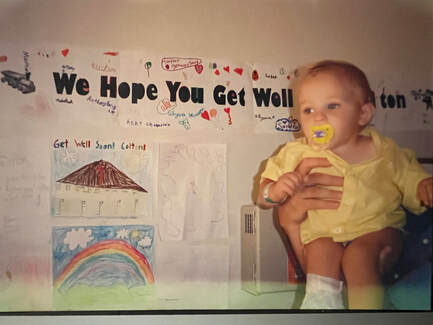
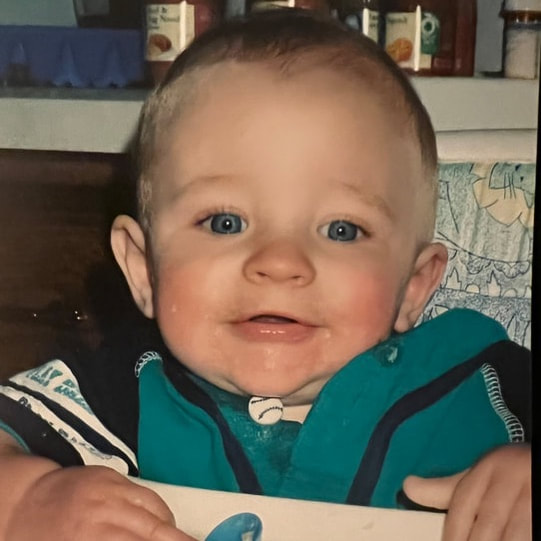
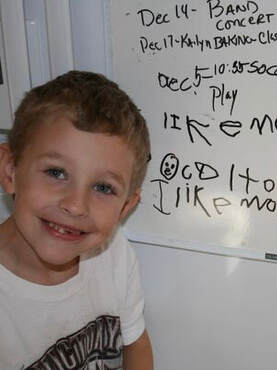
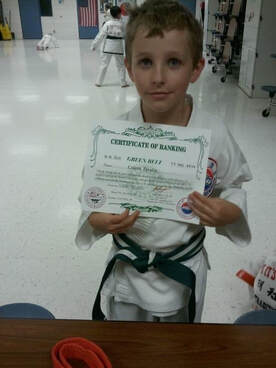
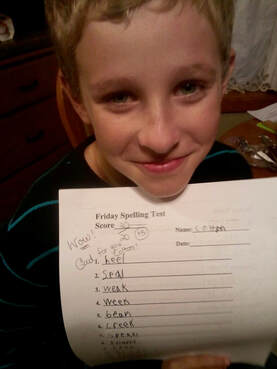
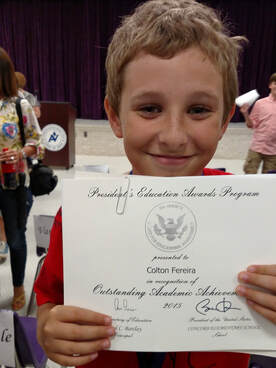
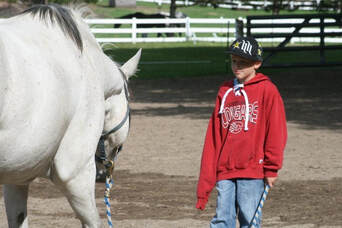



 RSS Feed
RSS Feed